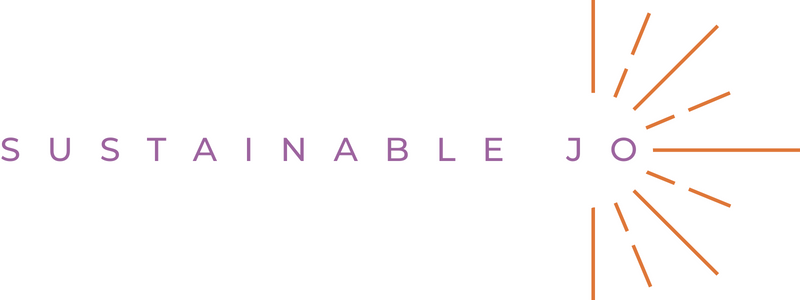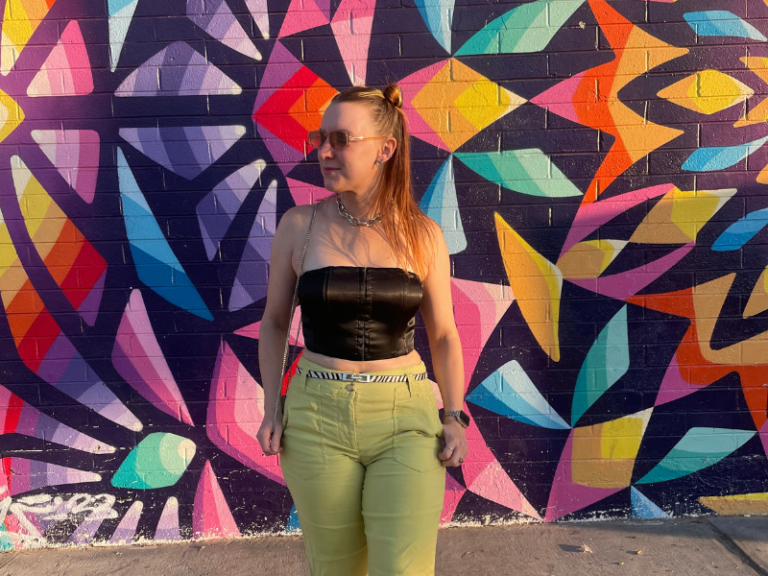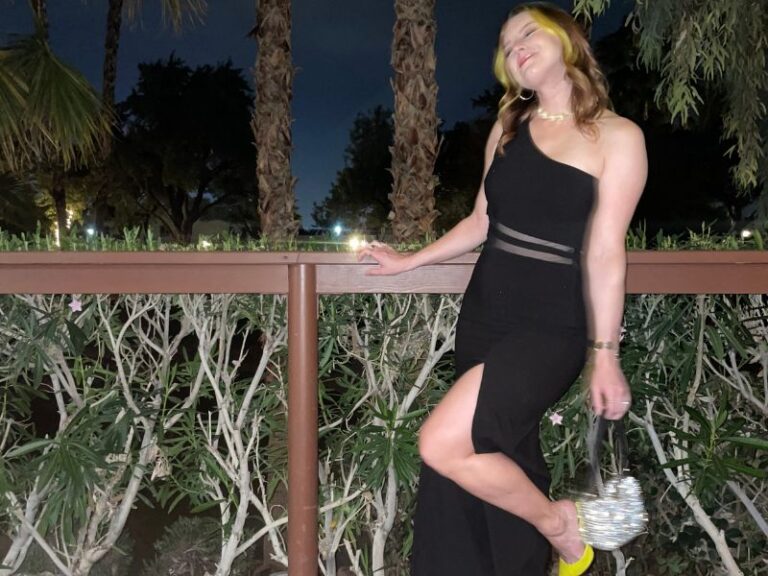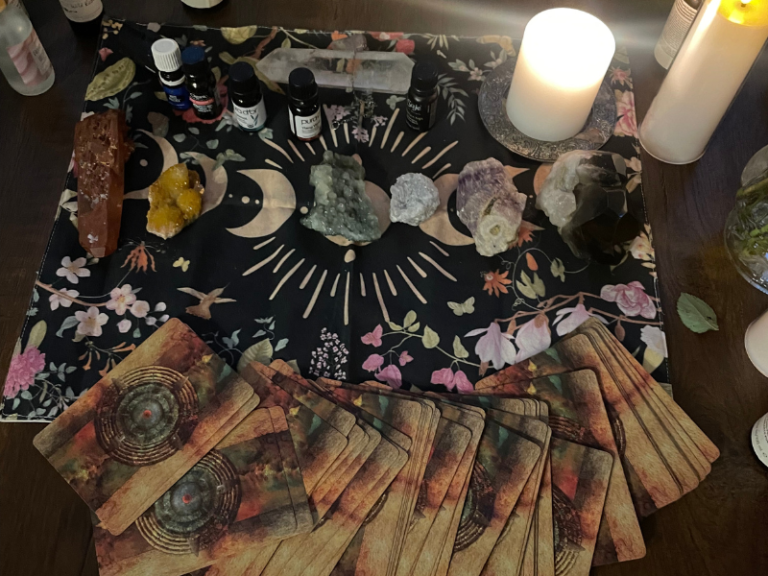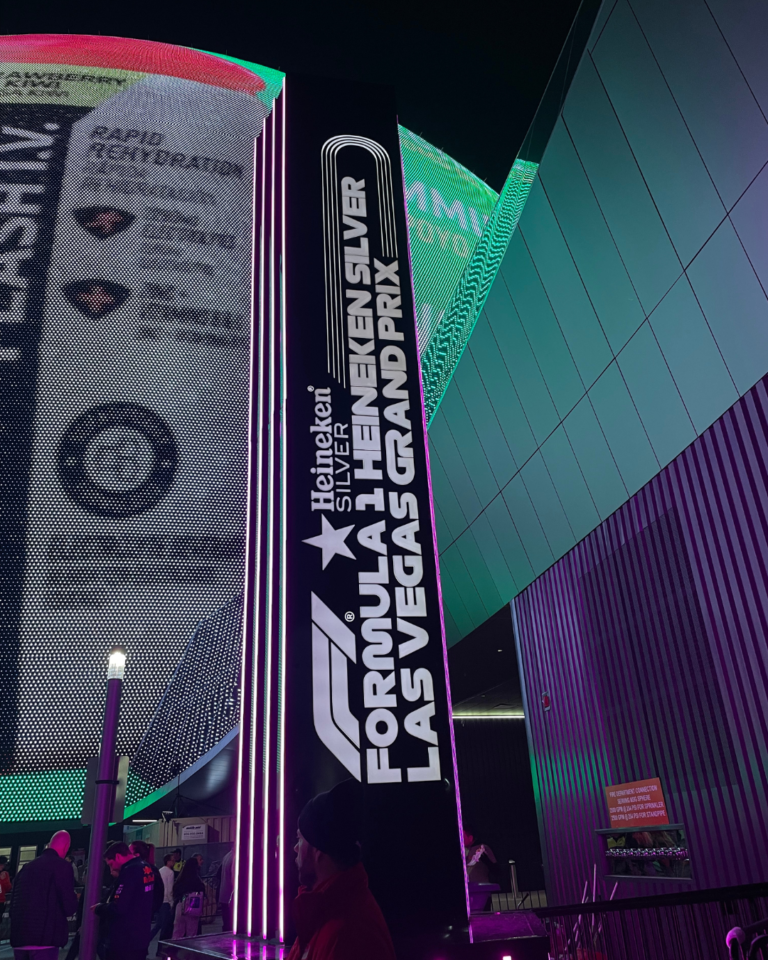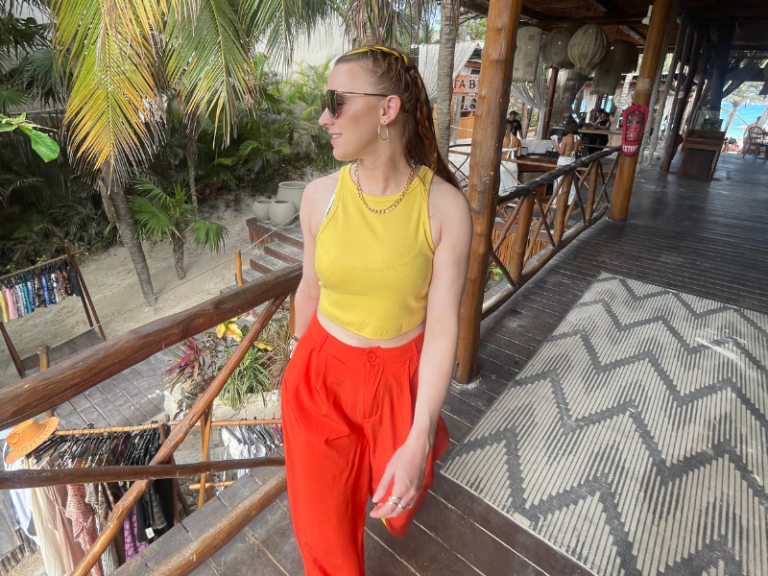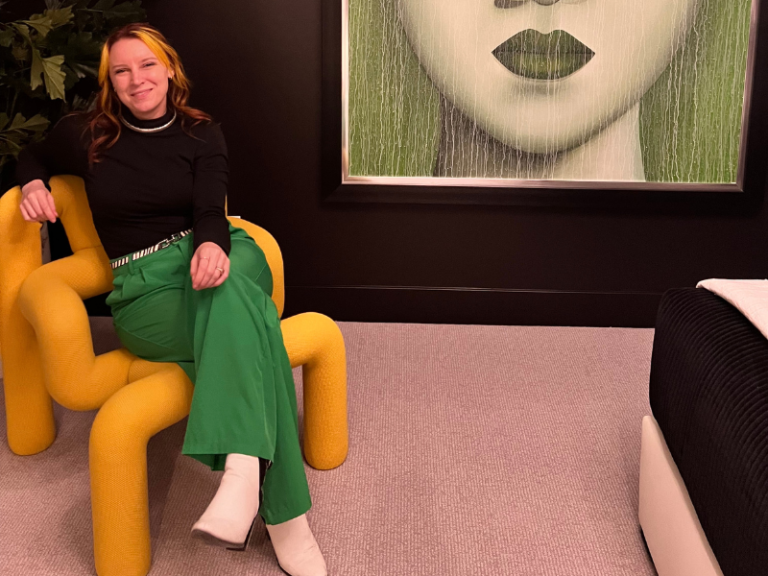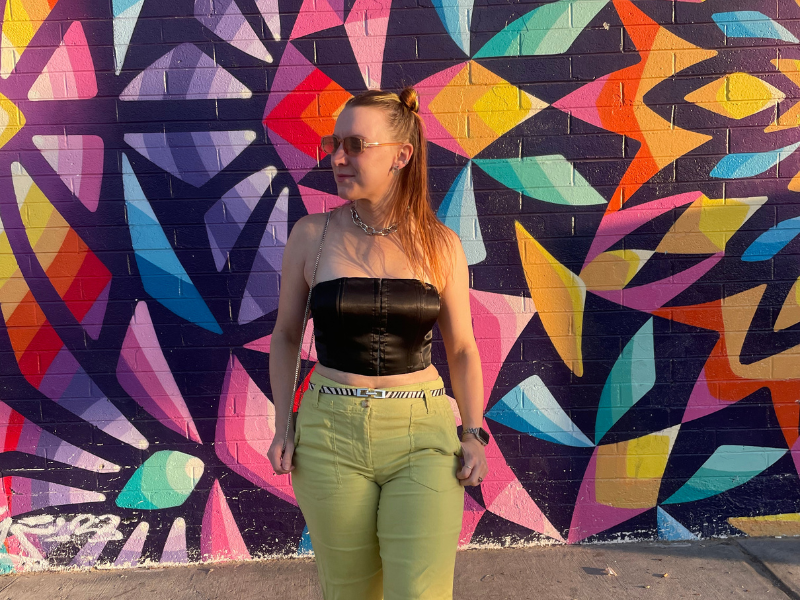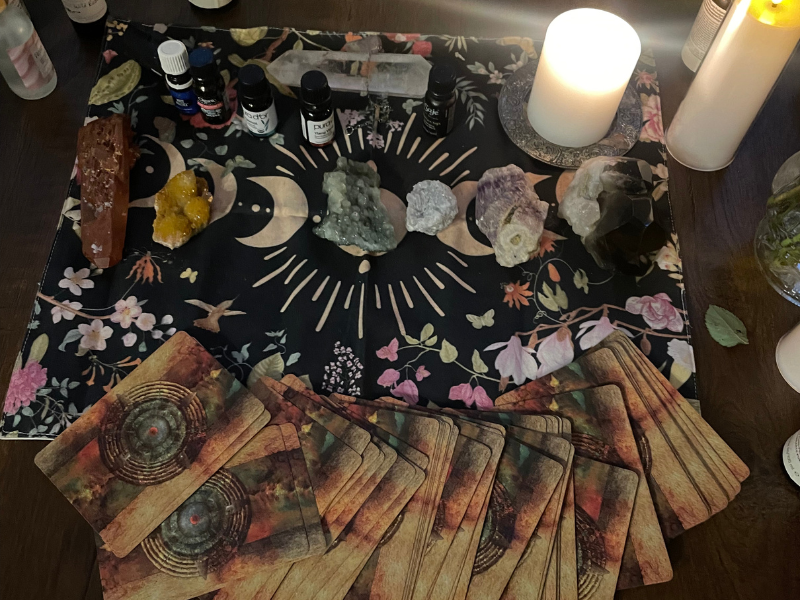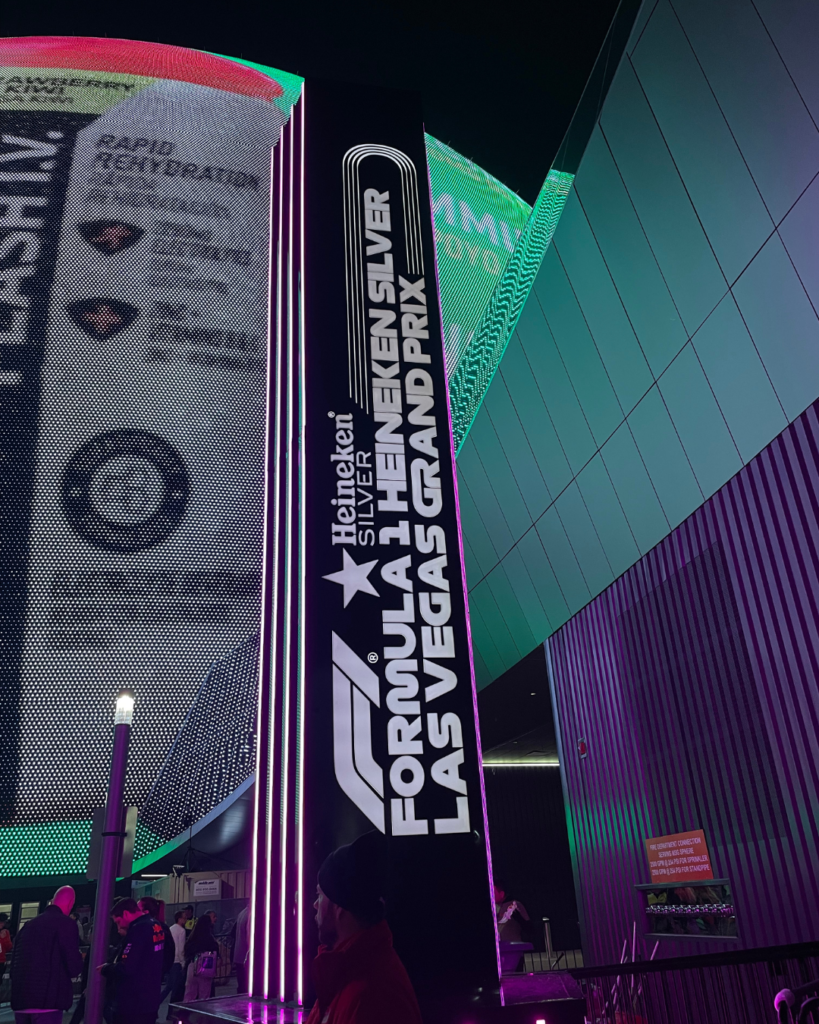
Today, we’re diving into the wonderful world of sustainable fashion, uncovering the positive facts of sustaiable fashion that make it a true game-changer. If you’ve ever wondered why sustainable fashion is worth the buzz, buckle up because we’re about to spill the green tea on what makes it so fantastic.
Words for Sustainable Fashion
When it comes to sustainable fashion, understanding the lingo is your first step to becoming a bona fide eco-warrior. Words like “eco-friendly,” “organic,” and “ethically made” aren’t just buzzwords – they’re your tickets to a greener, more conscious wardrobe. Check out my ultimate guide to sustainable fashion to get a more indepth look at these terms. Choosing eco-friendly pieces means you’re opting for fashion that’s kind to the environment, often crafted from sustainable materials and produced with the planet in mind.
- Eco-Friendly:
- Definition: Eco-friendly refers to products and practices that are not harmful to the environment. In sustainable fashion, this term is often associated with clothing made from materials that have a lower environmental impact, such as organic cotton or recycled fibers.
- Ethical Fashion:
- Definition: Ethical fashion encompasses clothing made with consideration for social and environmental impacts. It involves fair labor practices, ensuring that workers involved in the production process are treated ethically, receive fair wages, and work in safe conditions.
- Slow Fashion:
- Definition: Slow fashion is a movement that emphasizes mindful and sustainable approaches to fashion. It encourages consumers to buy fewer, high-quality items that are durable and have a timeless design. Slow fashion aims to counter the fast fashion industry’s quick turnover and disposable clothing culture.
- Sustainable Materials:
- Definition: Sustainable materials are fabrics and components used in clothing production that have a reduced environmental impact. This includes materials like organic cotton, Tencel, hemp, and recycled polyester. The goal is to minimize the use of non-renewable resources and reduce waste.
- Fair Trade:
- Definition: Fair trade in the context of fashion ensures that producers and workers involved in the supply chain are compensated fairly for their labor. It promotes social and economic sustainability by supporting equitable trade relationships and community development.
Sustainable Fashion Brands
Now, let’s talk about the real heroes of the sustainable fashion scene – the brands rewriting the rules of the game. Sustainable fashion brands, the trailblazers of this movement, are setting the stage for a revolution in the industry.
Reformation and People Tree stand out in the realm of sustainable fashion, not just as clothing retailers but as advocates for a greener future. Reformation prioritizes sustainability by using eco-friendly materials like Tencel and recycled fabrics. The brand is transparent about each product’s environmental impact and has committed to being carbon neutral, addressing both manufacturing and shipping emissions. On the other hand, People Tree pioneers fair trade fashion, working closely with artisans and farmers to ensure fair wages and safe conditions. With a focus on organic and sustainable materials like organic cotton and Tencel, People Tree actively contributes to empowering communities and creating a positive impact on the fashion industry. Both brands are driving a movement towards a more sustainable and ethical fashion landscape, inviting consumers to be part of this vision by supporting their initiatives.
Embracing Slow Fashion
And then, there’s the magic of slow fashion. It’s like your favorite slow-cooked meal – taking time to craft quality pieces that last. Brands like Eileen Fisher and Patagonia are waving the slow fashion flag high, proving that patience pays off when it comes to looking fabulous.
Eileen Fisher and Patagonia are flagbearers of slow fashion, prioritizing enduring design and high-quality materials. Eileen Fisher’s commitment to sustainability includes take-back programs, allowing customers to return used items for resale or recycling. Patagonia’s Worn Wear initiative encourages buying used items, reinforcing the belief that well-made clothing can enjoy a longer life. Both brands emphasize durability and versatility, urging consumers to invest in timeless pieces that transcend fleeting trends. Through these practices, Eileen Fisher and Patagonia actively challenge the fast fashion culture, promoting a more intentional and sustainable approach to clothing consumption
Sustainable fashion isn’t just a concept; it’s a reality. Think about your favorite jeans that fit like a dream or that cozy sweater you never want to take off. Those could be sustainable fashion examples right there! It’s about finding pieces that make you look and feel amazing, that you plan to wear at least 30 times, and have a minimal impact on the planet. Ethically sourced clothing ensures that every step of the process, from raw materials to the finished product is kind to people and earth.
Trendy sustainable clothing brands are making waves, proving that you don’t have to compromise style for sustainability.
IF YOU’RE LOOKING TO BE MORE TRENDY BUT SUSTAINABLE,
DOWNLOAD MY GUIDE HERE!

Non Fast Fashion Brands
Behind every fabulous piece of sustainable fashion is a visionary – a sustainable fashion designer. These folks are like architects, designing a blueprint for a more sustainable and stylish future. Designers like Stella Jean and Gabriela Hearst are making waves in the fashion scene, proving that style and sustainability go hand in hand.
Now, let’s talk about the unsung heroes of the industry – fashion charities. These organizations use style as a force for good, supporting artisans in developing countries and empowering women through skill-building in sustainable clothing. Groups like Fashion Revolution fund a global movement advocating for transparency, sustainability, and ethical practices in the fashion industry. They encourage consumers to ask brands, “Who made my clothes?” to raise awareness about the social and environmental impact of fashion.
Knowledge is power, and sustainable fashion articles are your go-to source. Whether you’re discovering the latest trends, understanding eco-friendly materials, or finding tips for building a green wardrobe, these articles are like your sustainable fashion encyclopedia.
Okay, let’s address the elephant in the room – fast fashion brands to avoid. What is fast fashion and why is it bad? These are the ones that prioritize speed and low prices over everything else, contributing to a darker side of the fashion industry. Steering clear of these brands like Zara, Nike, Shein, Fashion Nova, and more are a step toward a more sustainable wardrobe and a healthier planet.
In a nutshell, sustainable clothing brands are leading a green revolution which is a huge positive fact about sustainable fashion. They’re rewriting the rules of fashion, proving that style and sustainability aren’t mutually exclusive. By supporting these brands, you’re not just buying clothes; you’re endorsing a movement toward a more conscious and compassionate fashion industry.
So there you have it – the lowdown on why sustainable fashion is the real deal. It’s not just a trend; it’s a movement. From the words you use to the brands you support, every choice you make can be a step toward a greener, more stylish future. So go ahead, rock that sustainable fashion with pride!

